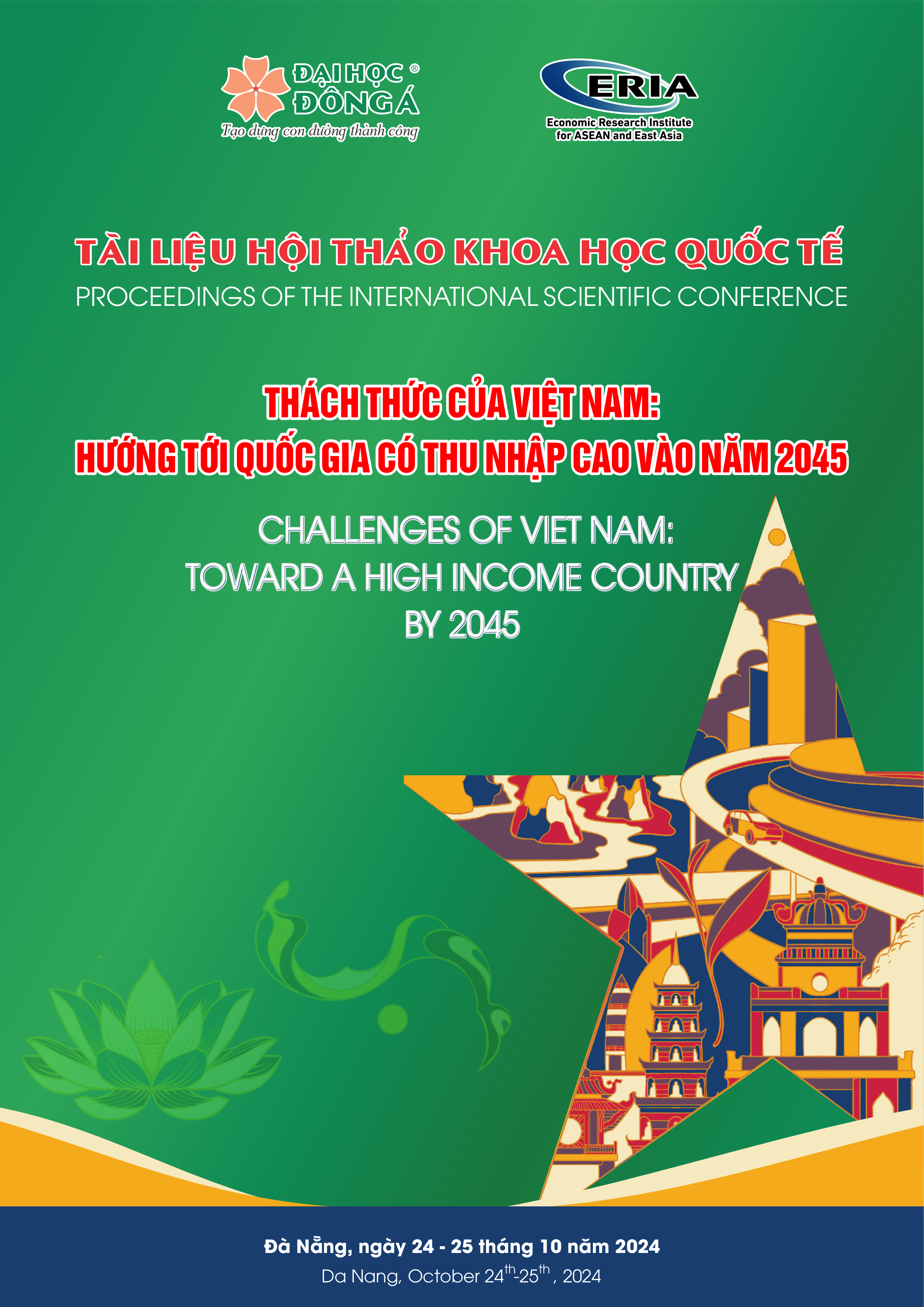FDI và chuyển giao công nghệ cho các doanh nghiệp Việt Nam
Nội dung chính của bài viết
Tóm tắt
Báo cáo cung cấp một phân tích chuyên sâu về sự phát triển của đầu tư trực tiếp nước ngoài (FDI) tại Việt Nam, theo dõi hành trình của nó từ những năm 1980. Việt Nam đã chủ động thu hút FDI nhằm thu hẹp khoảng cách về vốn và công nghệ, mang lại những lợi ích thiết thực như tạo việc làm và mở rộng xuất khẩu. FDI đã dẫn đến sự chuyển đổi của các cơ cấu kinh tế lỗi thời, đặc biệt là trong các doanh nghiệp nhà nước. Sự mở rộng của FDI được thúc đẩy bởi chính sách ngoại giao và các hiệp định thương mại tự do của Việt Nam, bao gồm việc gia nhập WTO vào năm 2007 và tham gia vào nhiều FTA khác nhau. Tính đến cuối năm 2020, Việt Nam đã thu hút được 176,9 tỷ USD FDI, định vị mình là một điểm đến đầu tư hấp dẫn ở Đông Nam Á. Nghiên cứu này nhấn mạnh cách các giai đoạn phát triển FDI khác nhau đã định hình nền kinh tế Việt Nam, tạo cơ hội việc làm và thúc đẩy công nghiệp hóa dựa vào xuất khẩu. Nó cũng nhấn mạnh nhu cầu tiếp tục chuyển đổi sang các ngành công nghiệp đòi hỏi công nghệ và vốn cao, đồng thời củng cố các ngành công nghiệp hỗ trợ để đảm bảo tăng trưởng bền vững.


